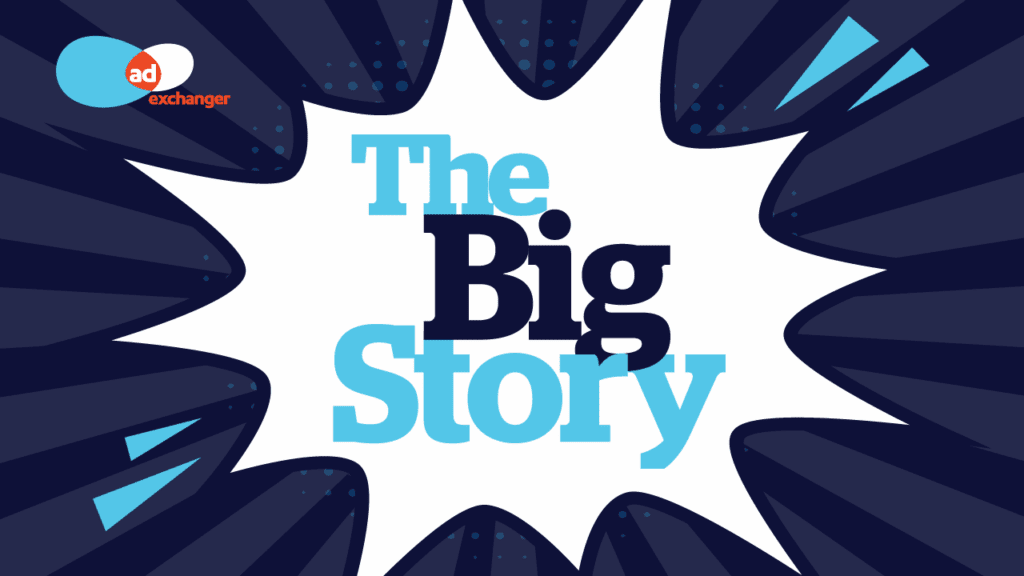The late Roy Rogers billed himself a “King of the cowboys.”
Nobody ever asked, “When was the coronation ceremony? Who appointed you monarch? Does that mean your horse Trigger deserves royal treatment?”
(Trigger did indeed get royal treatment. On his demise at a venerable age, the King had the horse stuffed and preserved by a courageous taxidermist. The only taxidermy I know of that compares is the stuffed elephant at Cabela’s store in Nebraska.)
With both the cowboy and his horse long gone to that Great Roundup in the Sky, why am I bringing up this bit of non-history? Because his was an early example of what we might call “Self-Interpretive Non-Statistics.” Well, make that “Self-Serving Non-Statistics.”
Any product or service that underwrites a research project whose intention is to prove the superiority of that product or service will find something — something — that bestows crowing rights. We’re reaching the point at which an over-the-counter medication might boast, “Voted best pain relief by Acura owners.” Get the point? Advertisers (I really don’t want to call them marketers) grunt and heave and stretch and dig. The result is the tsunami wave of skepticism that’s roaring onshore, laying waste consumer credibility and drowning legitimate claims in a sea of obfuscation.
A favorite phrase seems to be, “Doctors recommend.” Analyze that. Under what circumstances do doctors recommend? Is this their only recommendation? How many doctors — two, 100,000, what? Even as we admire the chutzpah, we recognize advertising as advertising.
Then there’s “Nothing gives you more relief than….” If that’s the case, let’s use nothing. It’s cheaper and better.
Somebody must have planted a transmitter in my jockey shorts, because suddenly I’m bombarded with messages from suppliers who want to help me. They all have my best interest at heart. Have you noticed the surge in an ancient marketing formula — P.T. Barnum techniques that try to mask self-serving procedures, changes, or price increases worded “In order to serve you better”?
One easy example, Barnum spot-welded to Leo Durocher (“Nice guys finish last”), is a mailing from CDW. Gee, what nice guys the folks at CDW are.
On occasion I’ve bought computer supplies from that Illinois-based company. Now I have a letter from them telling me about a wonderful new service: They’ll collect sales tax on anything I buy, even though I’m in Florida and they’re in Illinois.
The warm, fuzzy wording: “Although CDW is not required to collect state and local sales tax, you are required by your state to self-assess and pay the tax, which can be an administrative burden. Many customers have asked us to collect sales tax on their behalf to simplify and reduce tax compliance costs.”
Oh? Many customers have asked you? Well, guys, I’m not one of those customers, so I guess from now on I’ll buy from another company that isn’t so interested in relieving me of the administrative burden of paying a tax I don’t think I owe.
Get this: The letter continues, “This change now allows us to provide a broader range of offerings to all our customers — offerings such as onsite services to help you meet all of your IT needs.”
There hasn’t been such a stretch since that gal in “The Incredibles.” I’d like to know how adding sales tax makes it possible to provide “a broader range of offerings.” No, I wouldn’t.
Here’s the local power company, sending me a letter that begins, “When you choose the Sunshine Energy® program from FPL, you help preserve the environment in two important ways: by reducing air pollution caused by generating electricity in the short-term and by helping to develop new solar facilities in Florida for the long-term.”
OK, what do I do? Oh, here it is: Sunshine Energy adds $9.75 per month to my electric bill. In exchange I get…what? Oh, here it is, in mice-type. It tells me, “You will not have electricity from a specific generation facility delivered to your home…Your purchase supports the environmental benefits to regions where the cleaner generators are located.” In English, this means I pay $9.75 a month for the power company’s hardware. Shows how misguided I am: I had thought a commercial enterprise was supposed to pay for its own maintenance and upgrades.
A nice fellow named Dana Bashor wants to give me a rebate check for $1,150. If I call a toll-free number — and no, I’m not going to reprint it here, because I know Direct readers are so greedy they’d swarm — “we’ll send your $1,150.00 rebate check by express courier.” As best I can make out, the rebate is against an investment in vending machines that disgorge Coca-Cola, Red Bull and Gatorade. Now, that’s a novel idea nobody ever thought of before. Imagine a vending machine for soft drinks! What a pity Coke and Pepsi didn’t ever think of that themselves. I’ll clean up. Well, at the very least I’ll clean up the mess around the machine and whatever change the juvenile delinquents haven’t smashed out.
The deal I’m most sorry I passed up was from Godiva® Chocolates, one of my favorite indulgences and one I’ll never feel guilty for indulging. Godiva had a mail-in contest. The Grand Prize was 52 boxes of Godiva chocolates…and 52 pairs of Manolo Blahnik shoes.
I confess to being nonplused, because I doubt that Manolo makes a shoe in my size. If he does, I’ll give you odds he won’t use any photo of me tottering on 5-inch heels in a size 11-D. Of course, I could use the shoes as an incentive to attract someone a bit more dainty, who’d look good in 5-inch heels.
Ahh, forget it. I’ll just buy my Godivas anonymously and dream of drinking Red Bull with Trigger.
HERSCHELL GORDON LEWIS (www.herschellgordonlewis.com) is the principal of Lewis Enterprises in Fort Lauderdale, FL. He consults with and writes direct response copy for clients worldwide. His curmudgeonly titled 28th book, “Asinine Advertising,” has just been published. Among his other books are “On the Art of Writing Copy” (third edition), “Marketing Mayhem” and “Effective E-mail Marketing.”



